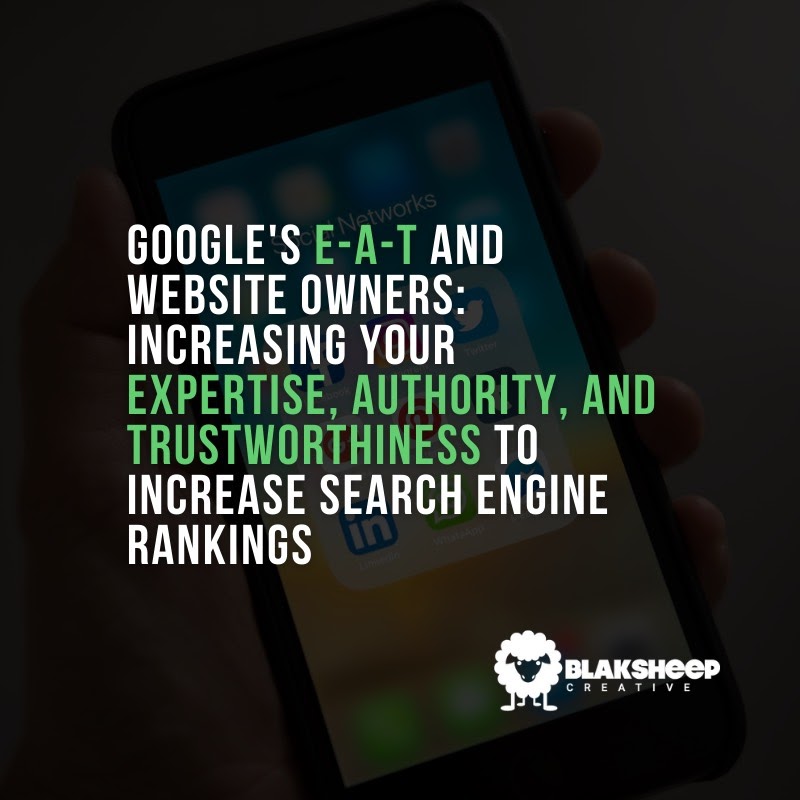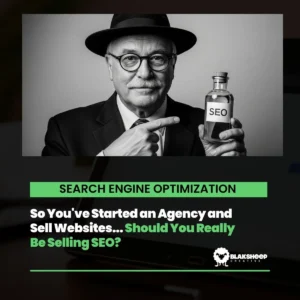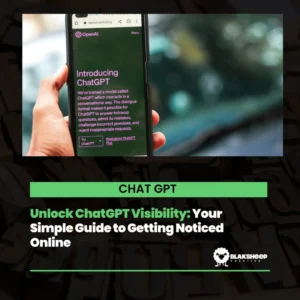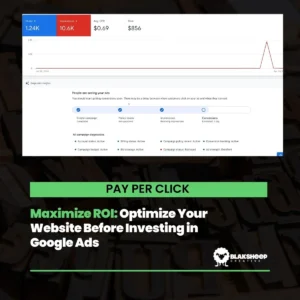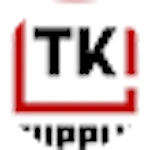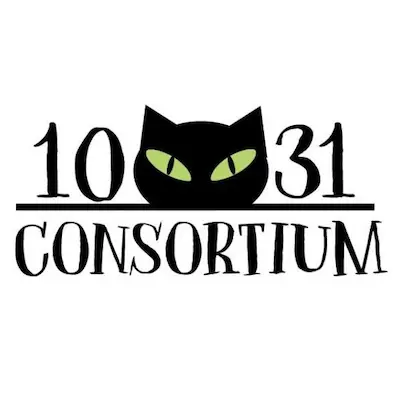Google’s E-A-T Explained
Google’s E-A-T can be summed up by Google’s three main objectives in the search engine algorithm:
- Deliver more relevant results to Google searchers
- Improve relevancy for users and advertisers
- Promote high-quality content on Google Search.
Website owners should focus on increasing their expertise, authority, and trustworthiness to Google search engine rankings. Google’s E-A-T is not a black-and-white concept but instead can be described in a gradient with three levels of quality:
Lowest level – Picking an industry that has low competition for keywords, producing content geared towards consumers, and outsourcing website or blog hosting
Medium Level – Google’s “good enough” level, which Google deems acceptable. They have an average reputation and attract a moderate audience.
Highest Level – Google’s top level of quality. Google will reward high levels of expertise, authority, and trustworthiness with higher search engine rankings on their site.
One of the best ways to promote high-quality content is by hiring a content marketing specialist. They can create high-quality content that will show Google that you know what you’re talking about.
What are the three components of Google’s E-A-T?
E-A-T stands for Expertise, Authoritativeness, and Trustworthiness and is not an update or an algorithm. It’s a principle.
Expertise, authority, and trustworthiness are the first of many factors Google considers when determining a website’s ranking in search results pages. And we all know that you’ll likely not be seen if you’re not on the first page.
It has been an important one as far back as businesses existed on the web – which can be evidenced by the use of what was called rel=author before they dropped it in 2014.
Since the Google Core Update of 2018, there have been plenty of articles on E-A-T, but a lot of them just repeated expert opinions instead of looking for evidence. As a digital marketer, you must understand that Google refuses to disclose how the algorithms work publicly. This article can’t give you a recipe for success, unfortunately.
It will, however, give you a series of educated, evidence-based guesses and case studies wherever possible.
Is E-A-T a ranking factor?
The most important question is whether E-A-T is a ranking factor. This is hard to answer.
Google’s Gary Illyes said in his 2019 Q&A with Marie Haynes that Google does not have an internal E-A-T score. That’s why some experts say that E-A-T is becoming irrelevant.
But, in the same interview, he explained that increasing E-A-T is good. He also said that several algorithms conceptualize E-A-T.
The big takeaway is that no single Google update focuses on E-A-T as a ranking factor. Nor is E-A-T the leading ranking factor after the 2018 Core Update.
How Google ranks pages on the internet is complicated. Many algorithms track and assess pages, websites, and authors’ expertise, authority, and trust. These factors might significantly affect YMYL (your money, your life) websites like news sites or medical sites more than other pages.
What is YMYL?
YMYL stands for “your money or your life,” and Google deems YMYL websites more critical than others. These sites include medical advice, banking, and financial advice or services website, government-regulated or medically related websites, Google Shopping results pages (formerly known as Google Product Search), legal advice sites like law firm databases that offer case previews, and search tools for consumers, etc.
Example YMYL topics:
- Medical advice
- banking
- legal services
- shopping results pages
- government-regulated or medically-related websites
- financial stability
Way back in 2013, Google first came up with the idea of YMYL. This was when they coined the phrase. It is short for “Your Money or Your Life.” Websites that are in this category give important information about things like health, education, and finance.
So why did Google come up with its own acronym? Simple. Since 2013, Google has asserted that YMYL sites with good-quality content are ranked more highly than sites with poor-quality content.
Next, in August of 2018, came another algorithm update. This update was called the “Medic Update.” Health and finance sites were more likely to be affected, while other niche industries were not as much.
According to the search giant itself, “for these ‘YMYL’ pages, we assume that users expect us to operate with our strictest standards of trustworthiness and safety. As such, where our algorithms detect that a user’s query relates to a ‘YMYL’ topic, we will give more weight in our ranking systems to factors like our understanding of the authoritativeness, expertise, or trustworthiness of the pages we present in the response.”
YMYL basically follows this idea: If the page’s purpose involves happiness, health, finances, or anything related, it’s likely to fall under higher scrutiny.
How do we know that E-A-T is a ranking factor?
Another piece of evidence that the E-A-T principles are important is the amount of information about it in Google’s Search Quality Rater Guidelines. This document for Google employees who check website quality lists the E-A-T principles.
What is a search quality evaluator (search quality rater)?
Google contracts people to rate how good their search results are. They do this by looking at actual searches, then rating the pages that come up in the top results. They are called quality raters.
Quality raters cannot change the Google search page. If a person marks a listing as low quality, the page will not be banned or lose ranking.
Instead, the data generated by quality raters is used to improve Google’s search algorithms, an automated system of ranking pages. Over time, that quality rater data might impact low-quality pages spotted by raters, but the algorithm will also affect pages that weren’t reviewed.
Quality raters use a set of guidelines you can see here that are about 200 pages long, instructing them on how to assess website quality and whether the results they review meet the needs of those who perform searches.
In fact, Google’s quality guidelines give a whole chapter to assessing E-A-T. That’s 56 pages out of 175. It says that E-A-T is one of the essential factors in determining how good a page is.
In addition, Google’s explanation of how search engines work states that source expertise is one of the factors.
This means that it is unlikely that Google suddenly switched to focusing on links and measuring behavioral factors. Expertise, authoritativeness, and trustworthiness are other things that matter more in some searches. But they do matter.
So what does all of that mean for a small business website owner?
As a small business owner, you want to rank higher than your competition in search engine results pages. After all, that’s how you get more business. Google uses every ranking factor at its disposal, including E-A-T. If you want to rank well in SERPs (search engine results pages), focusing on E-A-T matters more than ever before.
Furthermore, Google’s search quality guidelines for Google employees confirm that the E-A-T principles matter.
Google is using E-A-T factors to rank pages.
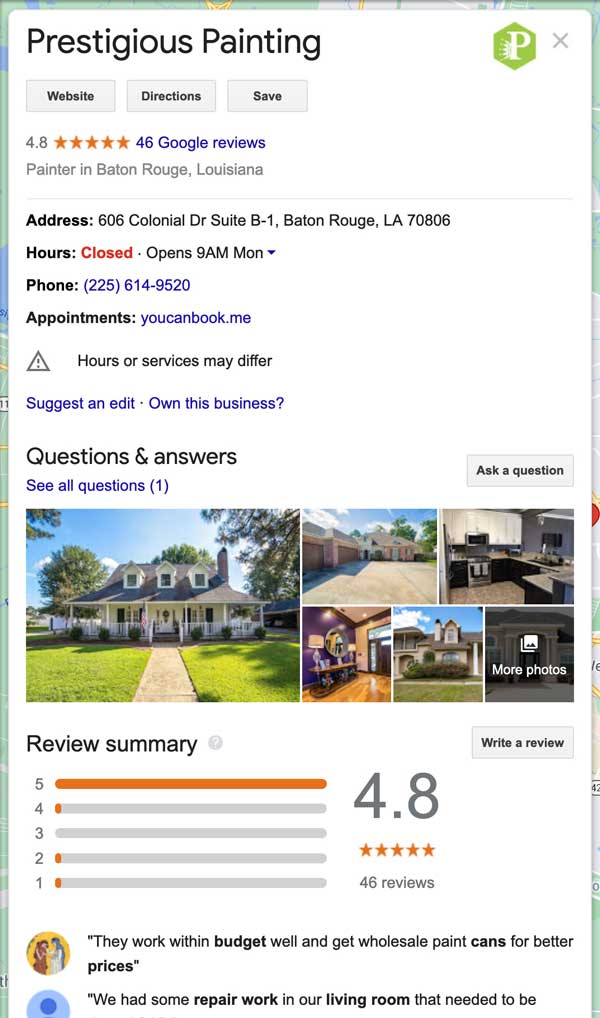
That’s why having a Google My Business page, where you can list your business and its location and having good reviews, matters too. Google uses this data for search engine results page ranking. It also helps if you have other accounts that point back to the website, like Facebook, Twitter, Google Maps, and Google Places.
As a matter of fact, we tell our clients to create accounts on every platform that they can (even if they don’t intend to use them). This creates backlinks to their website from domains with a high authority, which Google understands to be an indication of Google E-A-T.
If you need help setting up and/or optimizing your Google My Business page, let us know, we’d love to help you get it done.
In short, Google is looking for websites with expertise in the topics they’re discussing and trustworthy sources of information. If your website has these things, you’ll rank higher than others who don’t focus on this as much.
Website owners should keep up with Google’s search engine algorithm. Google E-A-T is a significant ranking factor in Google’s search engine rankings, and they’ve made it clear that this will be so for years to come.
The following section will discuss Google’s E-A-T criteria in more detail.
Expertise, Authoritativeness, and Trustworthiness
Google wants to rank high-quality and relevant websites for its search engine. Google evaluates three main components of Google’s E-A-T:
- Expertise
- Authority
- Trustworthiness
Each component has a different level of quality, with the highest being at the top, and each lower than the one above it. Google grades your site on Google’s E-A-T by assessing these three components and assigning them a numeric score, with the higher numbers being better.
Expertise
Small business website owners should focus on increasing their expertise in Google search engine rankings. You can increase your expertise by:
- Having a Google My Business page
- Being active on social media platforms like Google Plus and Facebook, with good reviews. Google can use this to help determine your expertise in specific business areas for which you’re trying to rank well in search engine results pages.
- Writing content that Google’s search engine will understand. Google says your site needs to have expertise in several topics to rank well with Google. Still, Google does say they’ll assign more weight to sites where the author is an expert or has demonstrated this by publishing many news articles on one topic.
- Any other way that demonstrates the content creator is a subject matter expert.
Authority
Small businesses should focus on increasing their authority by:
- having a high number of backlinks
- being linked from other authoritative sites (such as universities and journals)
- having trust and recognition on social media networks like Twitter, Facebook, or LinkedIn
- If you have a Wikipedia page, it means that you are an essential person or company. Getting one is difficult because you need to be a well-known person/company. But Google says that it is something they think is important, so keep working on getting one.
Trustworthiness
Small businesses can increase their website’s trustworthiness by:
- Providing a straightforward way to make contact with the website owners.
- Associating the website with a physical location, i.e., your office or store address.
- Having a term and conditions page, which is easily accessible to users (usually from the footer).
- Making sure your website’s domain is secure. Correctly implementing HTTPS is very important to Google and helps to ensure a 3rd party entity won’t intercept any data your users input.
- Having a privacy policy that is clearly accessible (usually from the footer).
- If you’re accepting transactions, you should have clear refunds and returns policies.
- If you’re selling products, try to include comprehensive specifications and any safety advice that might be relevant.
- If you’re sharing knowledge, in general, it’s a good idea to include an author biography and cite external sources where relevant. Linking out to authority sites is a good thing.
Why should you care about Google’s E-A-T?
As a small business website owner, Google’s E-A-T is a more significant factor in Google’s rankings than anything else. Google assigns more weight to the three components of Google’s E-A-T because it strives to provide searchers with web pages that are high quality and relevant for their search engine.
Google wants to rank websites with what its users want, which is content they can trust, and Google wants them to find the most relevant information. The more Google trusts a website, the higher its place on the SERPs will be.
Frequently Asked Questions about E-A-T
Here are some of the most common Google E-A-T questions that come up.
As we’ve discussed earlier, while there is no official word from Google about E-A-T being a factor, we can assume that the amount of attention paid to it in their Search Quality Rater Guidelines is a fair indication that Google’s E-A-T matters.
No, Google will not penalize your site for not having a Google My Business page. Though Google would rank you for local searches less than sites with Google My Business pages, and if you have one, then it should be accurate to the location of your business.
Getting a Wikipedia page is not easy, but it’s certainly helpful. Here is an excellent article on how to create a Wiki for your business. Be warned; it takes about six months!
Not necessarily. Google looks at the authority of the websites linking back to yours and their relevance to your niche. Google also looks at how much your Google’s E-A-T measures. If you have a Wikipedia page or are an expert in Google search engine rankings, then Google might rank it higher than if it only has one backlink from another website that isn’t as well known to Google.
Improve your site content – Google wants you to have high-quality and unique content so people will want to link to it.
Increase the authority of your website by linking from other authoritative sites or having a high number of backlinks
Make Google trust your website by being linked from authoritative sites, having a high Google search engine ranking for “relevance,” or being recognized on social media networks like Twitter, Facebook, or LinkedIn.
Increase Google’s E-A-T by making your site mobile-friendly. Google deems websites as not meeting its standards if they are not mobile-friendly if Google detects spammy links from sites with no editorial review and excessive advertising. This last point includes too many ads that distract from the content or Google detecting malware on a site.
Google has plenty of tutorials to increase Google’s E-A-T: including how to know if your website is mobile-friendly; Google also offers Google Webmaster Tools tips, including checking for errors and fixing them; suggesting changes – especially those related to accessibility features; setting up Google Analytics tracking code and Google AdSense.
Hire an experienced SEO agency
Do you want to increase your E-A-T with Google to increase your rankings, generate more web traffic, and get more sales?
Our team here at BlakSheep Creative has the passion, experience, and know-how to make your business stand out, from developing and maintaining websites to social media marketing to content marketing to affordable small business SEO.
If you want to increase Google rankings for your small business website but don’t know where to start, contact us today for your free consultation. We’ll look at where you stand and create a strategy to better your rankings.
Contact us today to learn how we can help!
